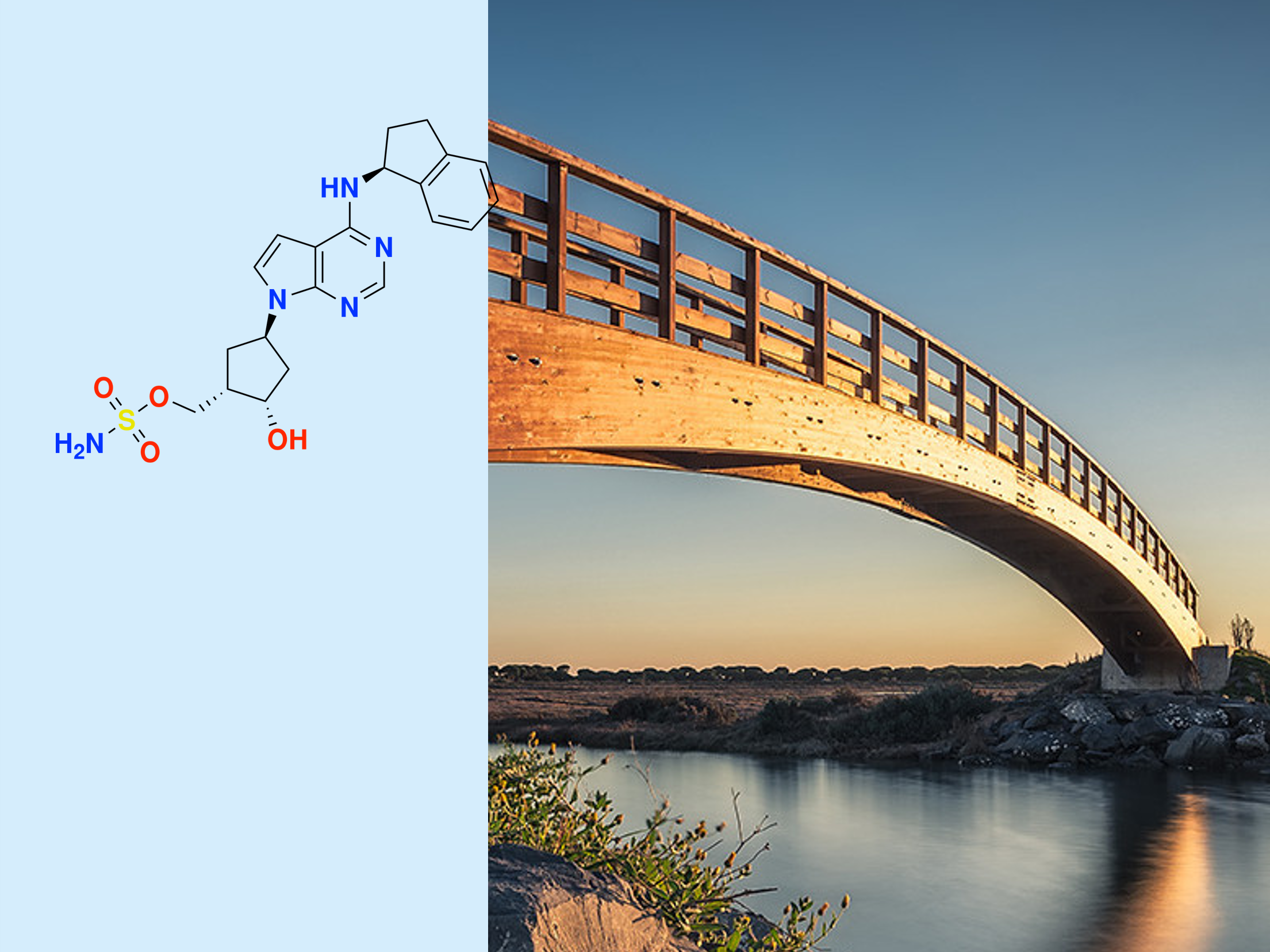euroSPG4 Project - Summer Update 2024

Background
HSP of type SPG4 is by far the most frequent subtype of HSPs. Approximately one third of all HSP patents are affected by a mutation at the SPG4 gene (also named SPAST gene) resulting in 60.000 affected individuals world-wide. This gene is required for producing Spastin – a protein with is crucial for producing microtubules. These microtubular structures serve as a kind of skeleton for cells. In particular in neurons, they are crucial for guiding many molecules along the narrow-elongated intra-cellular space. This transport is needed for maintaining the function of the cell. Since mutations of SPG4 reduce the Spastin level, they lead to impaired microtubules – the cause of the spastic gait-impairment.
Spastin recovery concept
In 2021 an international expert jury selected a study on Spastin recovery by Sardina et al. as the winner of the Adolf-Strümpell prize – an annual best paper award presented by Euro-HSP in close cooperation with the Tom-Wahlig Foundation. This work showed in a cell model, that Spastin levels can be rescued in mutated cells by blocking a natural degradation process using MLN4924 – a drug which was originally developed for oncology. Thus, Spastin elevating drugs may restore microtubular structure and may preserve normal neural function.
euroSPG4 - Project
The promising results described above were obtained in cell models and in a very limited number of SPG4 mutations. There is always a significant gap between basic research in a cell/animal lab and real world application. Together with Dr. Cinzia Rinaldo’s IBPM-lab in Rome, the euroSPG4 project was designed in for bridging this gap by working on multiple tasks:
Spastin Recovery) Investigation of a larger number of mutations for ensuring that a large number of potential treatment responders is identified.
Biomarker) Development of a practical clinical test which allows to confirm Spastin recovery in humans.
Translational Development) Partnering cell-biologists, clinicians, patient representatives and industry in a consortium for bridging cell and bedside.
Highlights Year I (mid-2023 to mid-2024)
Spastin Recovery) By investigating in cell models a significantly increased number of mutations, it was estimated that about the half of all genetic variants display clear Spastin elevation in response to MLN4924. The remaining other half of mutations might require modified treatment for obtaining Spastin recovery.
Biomarker) Dr. Rinaldo’s lab has shown that low Spastin levels also affect the cytoskeletal structure and, thus, the shape of blood cells (leucocytes). Since blood samples can be obtained in standard clinical investigations, their shape appears as a promising biomarker. Initial results obtained in a small number of mutations were published in Sardina et al 2023. During the first year, the results were confirmed for a significantly larger group of mutations.
Translational Developments) For repurposing a drug which was originally developed for oncology for application to an orphan disease, multiple industrial partners were contacted: an oncology company which provides clinical experience with testing MLN4924 in humans, and a life science consultancy (GLS Advisory) which provides expertise in early phase testing of novel pharmaceutical applications. An initial strategy for a proof-of-concept clinical trial was developed by the clinical experts in Rome.
Outlook Year II (starting mid-2024)
Spastin Recovery)Current work in the cell-biology lab is focusing on modified Spastin elevation therapy for extending the portion of mutations which can be treated.
Translational Developments) Current work aims on clarifying and fulfilling requirements for using MLN4924 in a proof-of-concept clinical trial.
Project Foundation
So far, a total funding of more than 100.000 Euro was raised for the previous and ongoing research as described above. Euro-HSP is delighted that this was possible due to contributions from the patient associations in Austria, France, Germany, Italy, the Netherlands, Spain, Switzerland, UK, the USA, Potato Pants Vienna, and multiple large and small private donators. We thank all our partners for the stimulating and positive cooperation along this way. We continue pushing for making our wish come true:
“We want to get cured.”
Please help us continuing this project by leaving a donation.
